International history of videogames (HACS)
Project under the direction of Carl Therrien with the co-researchers: Laureline Chiapello (NAD Center), Jonathan Lessard (Concordia University), Simon Dor (UQAT), Gabrielle Trépanier Jobin (UQAM)
Until recently, telling the history of video games meant telling a “history of winners”, focusing on a few “big names”, a few “big games”. This project is rooted in a common effort by video game historians to better represent the diversity of video game histories in order to better navigate the currents of its evolution as a medium. It is based on the HACS (Historical Analytic Comparative System, developed within LUDOV) and on a corpus of 1,000 games chosen by an international selection committee.
After several years of review and analysis, we offer you a glimpse into the evolution of major trends in gameplay and advertising. What unites the adventure games of the 1980s with the VR games of the 2020s? When did the promotion of video games become centered on a heteronormative fantasy of power? Our game viewers invite you to step back in time and discover the games of the past in the light of our latest analysis tools.
Projet financed through the Insight grant (SHRC): “Towards a visualization-assisted international history of videogame culture” (2020-2025) and the New Researcher Grant (FRQSC): “Beyond technological and industrial considerations: for a cultural history of the video game experience” (2013-2017).
HACS Game Viewers
Through our game viewers, explore our corpus of games either by focusing on specific genres or design elements, and discover the marketing strategies that made them known.
Now, You’re playing with History
Game Viewer – Evolution of Advertising
Game Viewer – Evolution of Gameplay
International corpus selection committee
William Audureau (journalist), Milia Barrière (artist), Alexis Blanchet (Université Paris 3), Joleen Blom (Turku University), Antoine Clerc-Renaud (journalist), Charlotte Courtois (Université de Montréal), Mehdi Derfoufi (Université Paris 8), Cécile Fléchon (journalist and publishing coordinator), Kazufumi Fukuda (Ritsumeikan University), Rachael Hutchinson (University of Delaware), Anthony Jauneaud (studio Actezéro), Maize Longboat (Unity), Anne Ladyem McDivitt (Stanford University), Martin Roth (Ritsumeikan University), Wendi Sierra (Texas Christian University), Carl Therrien (Université de Montréal)
Team
Coordination : Dany Guay-Bélanger and Jean-Charles Ray
Gameplay analysis : Roxanne Chartrand, Kevser Güngör, Laurie Mei Ross-Dionne, Fabienne Sacy
Marketing Analysis : Laïla Courchesne, Jan Houška, Klára Kropáčková, Samuel Poirier-Poulin
Programming : Assia Doumiri and Rhodelyr Jean
UX Interface : Anouck Belthoise, Jeremy Bouchard, Assia Doumiri, Rhodelyr Jean and Carl Therrien
International Associates
Alexis Blanchet (Université Sorbonne Nouvelle), Kazufumi Fukuda (Ritsumeikan University, Kyoto), Greta Hoffmann (Karlsruhe University of Applied Science), Mikael Jakobsson (Massachusetts Institute of Technology, Cambridge), Gabriela Birnfeld Kurtz (Pontifical Catholic University of Rio Grande do Sul), Tomasz Majkowski (Jagellon University, Krakow), Souvik Mukherjee (Center for Studies in Social Sciences Calcutta, Calcutta), Farzad Parsayi (Monash University, Melbourne), Jaakko Suominen (Turku University), Jaroslav Svelch (Charles University, Prague), Alex Wade (Birmingham University), Lars de Wildt (KU Leuven)
Data visualization: Evolution of advertising
Data visualization: Evolution of gameplay
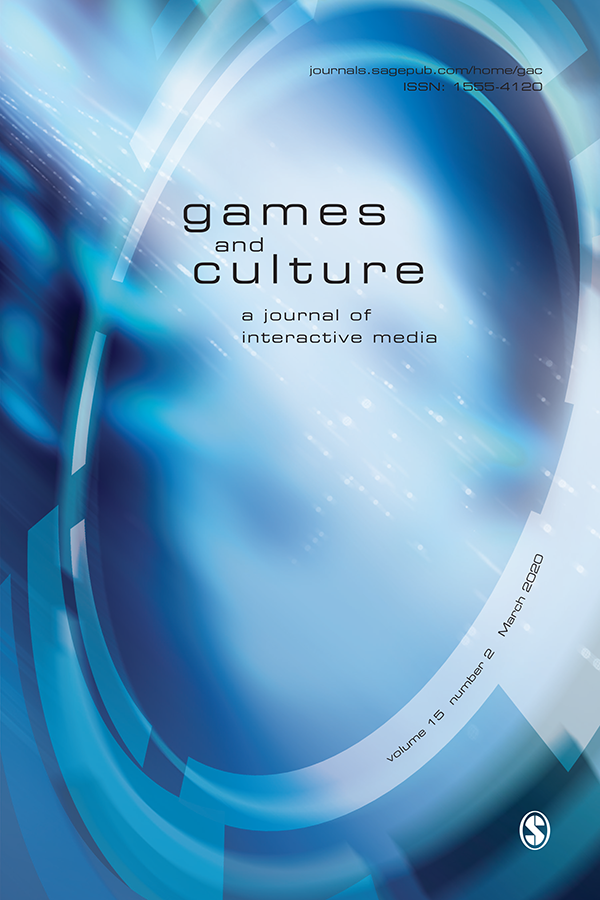
Therrien, Carl, Jean-Charles Ray, Laurie-Mei Ross Dionne and Fabienne Sacy. 2024. “Unreal Games.” Games and Culture: A Journal of Interactive Media. [Only available online]

Biitner, Katie, Carl Therrien, John Aycock, Dona Bailey and Paul Allen Newell. 2024. “Computer Theatre: Raising the Curtain on a Visual Novel Prototype.” ROMChip, vol. 6, no 2. [Only available online]
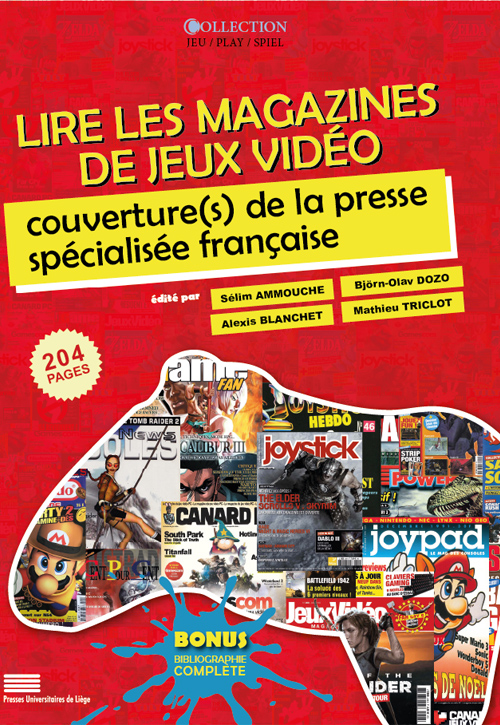
Guay-Bélanger, Dany, Isabelle Lefebvre and Carl Therrien. 2023. “L’histoire du jeu vidéo encadrée : une étude comparative de la culture vidéoludique à travers les publicités imprimées (États-Unis et France).” In Lire les magazines de jeux vidéo (edited by Selim Ammouche, Björn-Olav Dozo, Alexis Blanchet and Mathieu Triclot), Jeu / Play / Spiel collection, Liège: Presses universitaires de Liège.
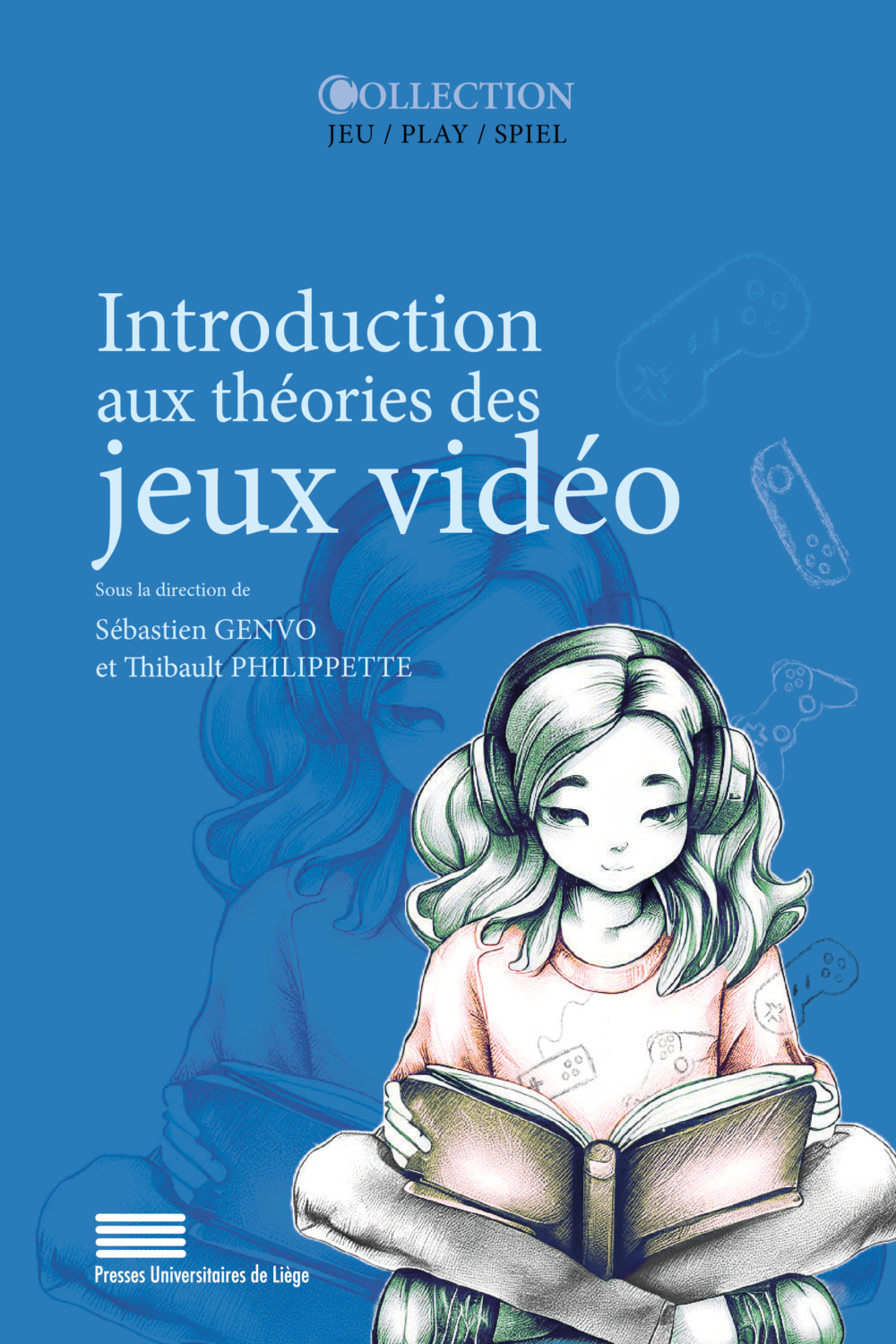
Lefloic Lebel, Adam, Dany Guay-Bélanger and Carl Therrien. 2023. “Le jeu vidéo en Amérique du Nord.” In Introduction aux théories des jeux vidéo (edited by Sébastien Genvo et Thibault Philippette), Liège: Presses universitaires de Liège.

Therrien, Carl, Cindy Poremba and Jean-Charles Ray. 2020. “From Dead-end to Cutting Edge: Using FMV Design Patterns to Jumpstart a Video Revival.” Game Studies, vol. 20, n° 4 (December). [Online]
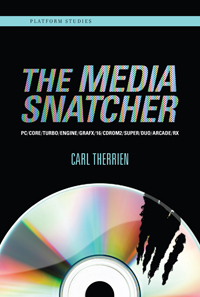
Therrien, Carl. 2019. The Media Snatcher: PC/CORE/TURBO/ENGINE/GRAFX/16/CDROM2/SUPER/DUO/ARCADE/RX. Cambridge: MIT Press. [Online]

Therrien, Carl, Isabelle Lefebvre and Jean-Charles Ray. 2019. “Toward a Visualization of Video Game Cultural History: Grasping the French Touch.” Games and Culture: A Journal of Interactive Media. [Online]

Therrien, Carl. 2018. “La mise au jeu mise en récit.” Sciences du jeu. [Online]

Therrien, Carl. 2017. “From Video Games to Virtual Reality (and Back). Introducing HACS (Historical-Analytical Comparative System) for the Documentation of Experiential Configurations in Gaming History.” DiGRA ’17, vol. 14, n° 1. Conference proceedings of “2017 DiGRA International Conference” (July), Melbourne: Digital Games Research Association. [Online]

Therrien, Carl and Isabelle Lefebvre. 2017. “Now You’re Playing with Adverts: A Repertoire of Frames for the Historical Study of Marketing Discourse.” Kinephanos, vol. 7, n° 1. [Online]

Therrien, Carl. 2015. “Inspecting Video Game Historiography Through Critical Lens: Etymology of the First-Person Shooter Genre.” Game Studies, vol. 15, n° 2 (December). [Online]
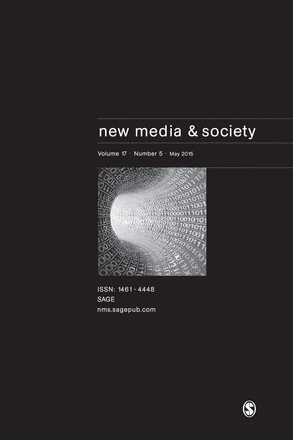
Therrien, Carl, and Martin Picard. 2015. “Enter the bit wars. A study of video game marketing and platform crafting in the wake of the TurboGrafx-16 launch.” New Media & Society, vol. 18, n° 10 (April). [Online]
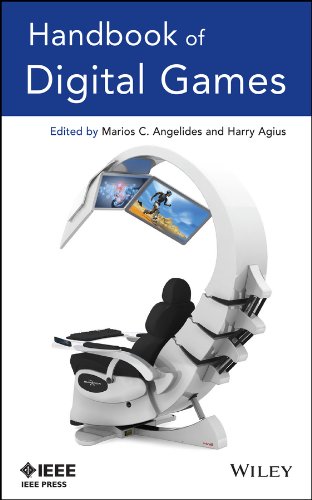
Therrien, Carl. 2014. “From the deceptively simple to the pleasurably complex. The rise of the cooperative address in video game design.” In Harry Agius et Marios Angelides (ed.), The Handbook of Digital Games, p. 548-572. Piscataway : IEEE Press. [PDF]
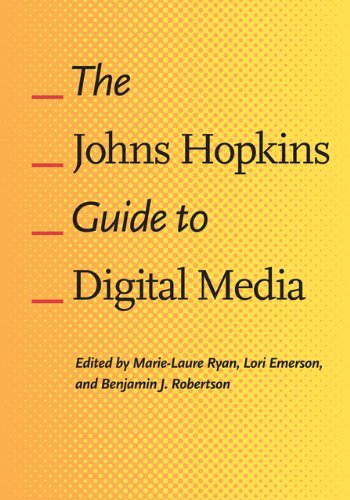
Therrien, Carl. 2014. “Interface”. In Lori Emerson, Marie-Laure Ryan et Benjamin Robertson (ed.), The Johns Hopkins Guide to Digital Media, p. 305-09. Baltimore: The John Hopkins University Press.
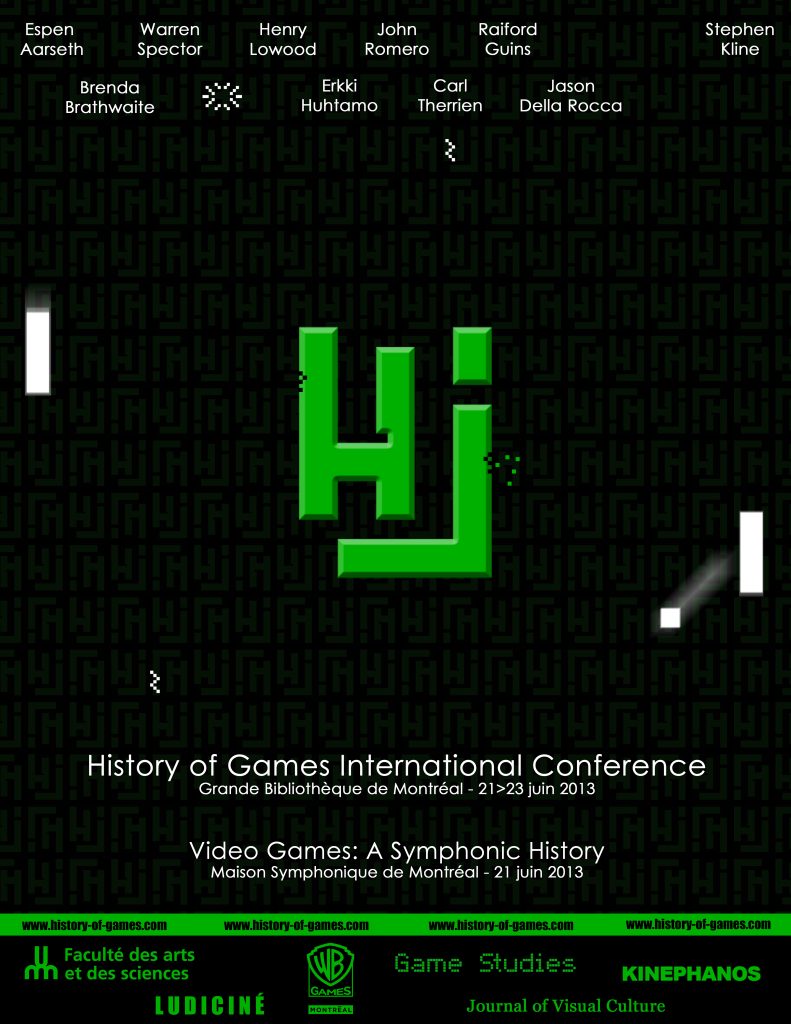
Therrien, Carl, and Martin Picard. 2014. “Techno-industrial celebration, misinformation echo chambers, and the distortion cycle.” Introduction. Conference proceedings “History of Games international conference” (Montreal, June 27-29 2013), Université de Montréal. [Online]

Therrien, Carl. 2014. “Broken Beyond Repair: An Interview with Warren Spector.” InMedia, n° 4. [Online]

Therrien, Carl. 2014. “Réapprendre à voir, réapprendre à agir. L’immersion vidéoludique entre concrétisation et irréalisation.” Figures de l’immersion, “Remix.” Montreal : Observatoire de l’imaginaire contemporain. [Online]
Therrien, Carl. 2013. “La présence vidéoludique : de l’illusion à la projection dans l’ecosystème affectif de la fiction.” In Louise Poissant and Renée Bourassa (ed.), Avatars, personnages et acteurs virtuels, p. 37-60. Montreal: Les éditions de l’Université du Québec à Montréal.
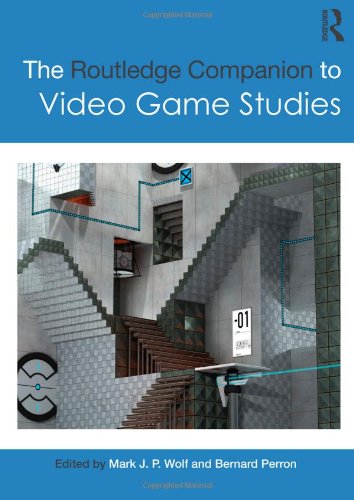
Therrien, Carl. 2013. “Immersion.” In Bernard Perron and Mark J. P. Wolf (ed.), The Routledge Companion to Video Game Studies, p. 451-458. New York: Routledge.
Other Relevant publications
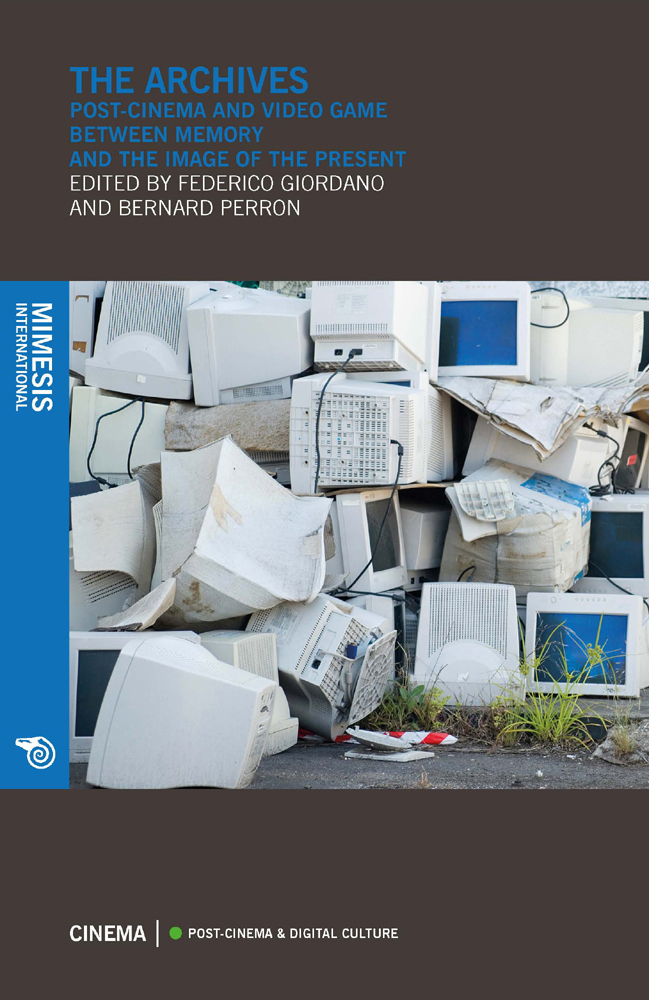
Perron, Bernard, and Simon Dor. 2014. “Addressing the Preservation of Gameplaying: Archiving Actional Modalities (Execution,Resolution, and Strategy).” In Bernard Perron and Federico Giordano (ed.), The Archives: Post-Cinema and Video Game Between Memory and the Image of the Present, p.117-200. Milan: Mimesis International.
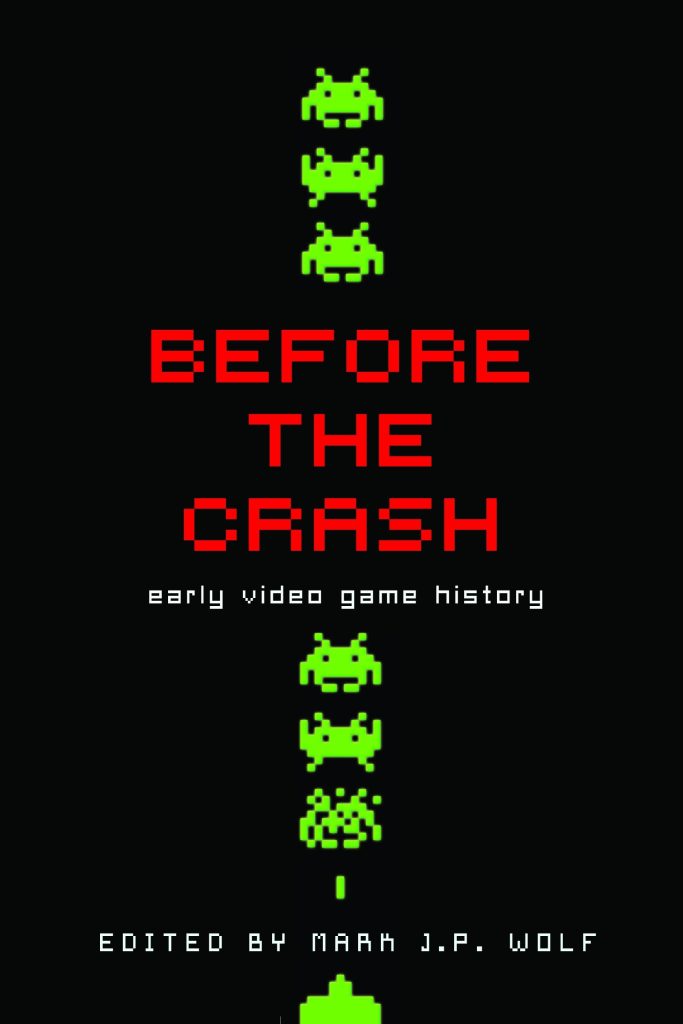
Therrien, Carl. 2012. “Video Games Caught Up In History. Accessibility, Teleological Distortion and Other Methodological Issues.” In Mark J. P. Wolf (ed.), Before the Crash: Early Video Game History, p. 9-29. Detroit: Wayne State University Press. [PDF]
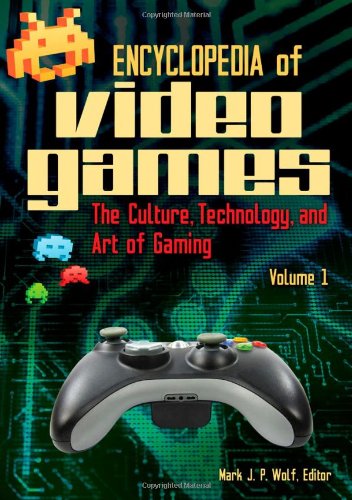
Therrien, Carl. 2012. “Interfaces”; “Help Function”; “Videotopia.” In Mark J.P. Wolf (ed.), Encyclopedia of Video Games, p. 288-290; 324-326; 674-675. Westport: Greenwood / ABC Clio Press.

Therrien, Carl. 2011. “‘To Get Help, Please Press X’. The Rise of the Assistance Paradigm in Video Game Design.” Conference proceedings “DIGRA 2011, Think Design Play” (Utrecht, 14-17 septembre 2011). [Online]
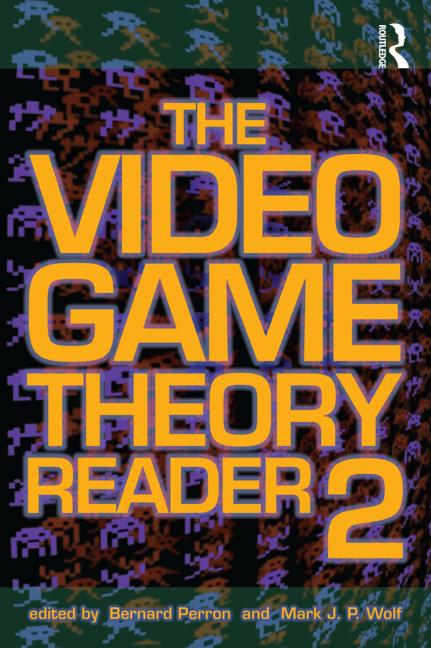
Arsenault, Dominic, and Bernard Perron. 2008. “In the Frame of the Magic Cycle: The Circle(s) of Gameplay.” Dans Bernard Perron and Mark J. P. Wolf (ed.), The Video Game Theory Reader 2, p. 109-131. New York and London: Routledge.
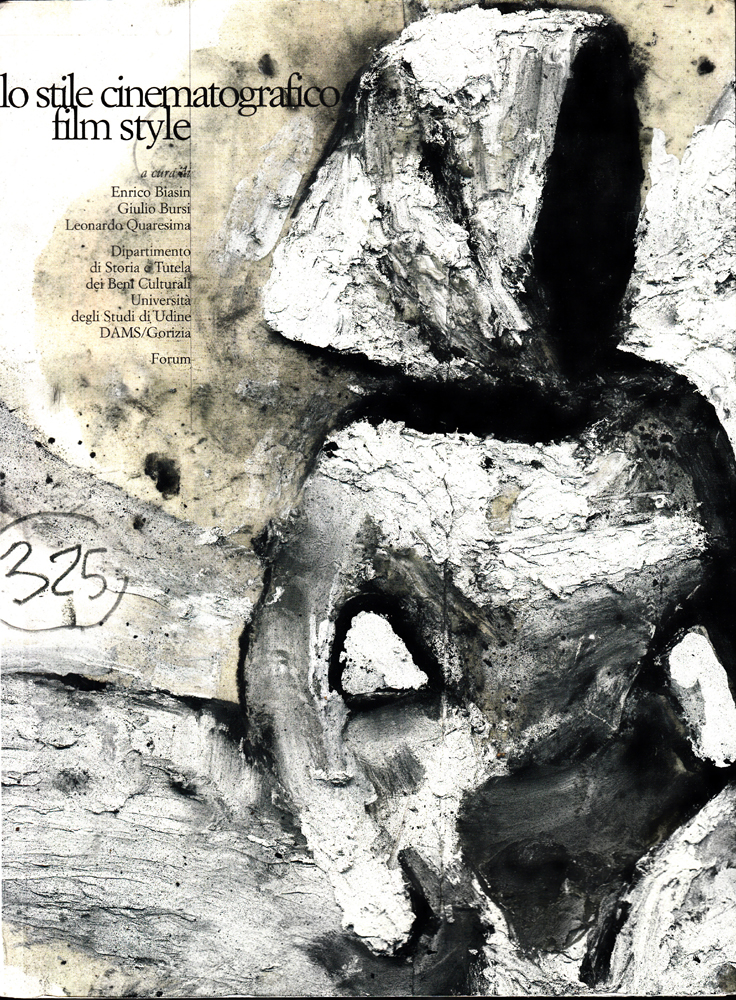
Therrien, Carl, and Bernard Perron. 2007. “>>Pointez-et-cliquez ici<< Les figures d’interactivité dans le cinéma interactif des premiers temps.” Lo stile cinematografico/Film Style, p. 395-403. Conference proceedings “13ème colloque international d’études cinématographiques,” Udine: Forum.
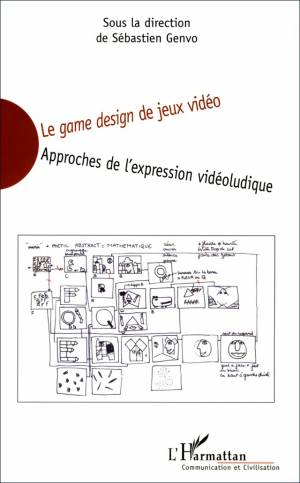
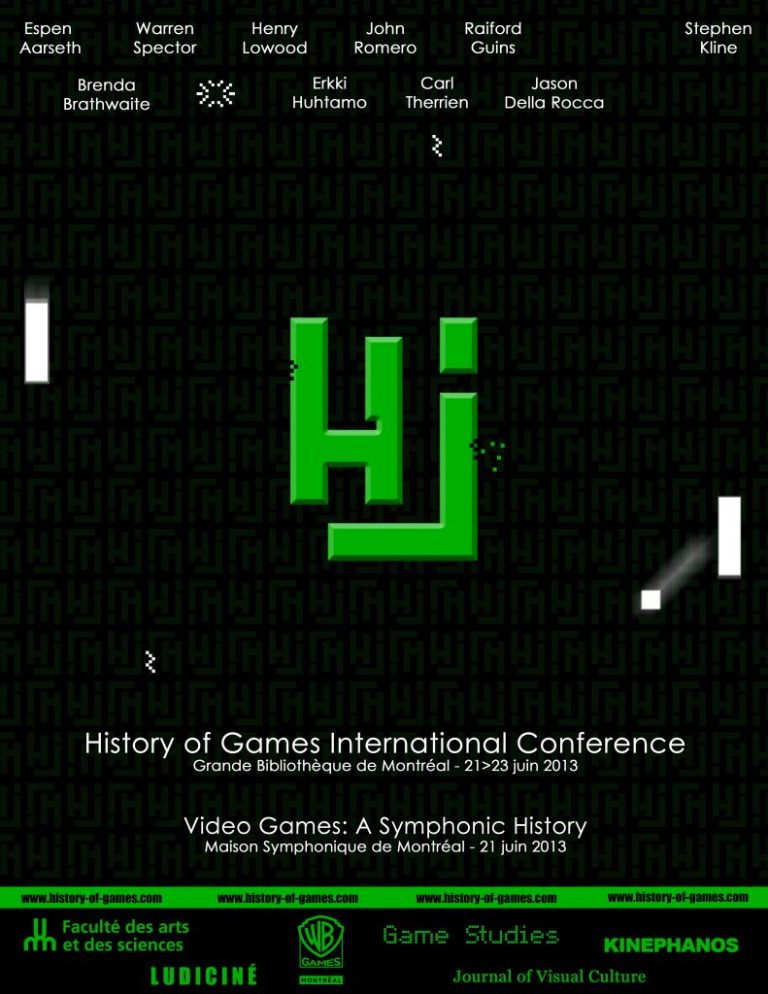

Game History Annual Symposium, Montreal
Therrien, Carl. « Inspecting Video Game History. Misinformation Echo Chambers, Techno-industrial Glorification, and the Distortion Cycle » (conférencier invité, “best paper award”). Colloque national de l’Association canadienne d’études vidéoludiques (CGSA/ACÉV), Brock University, St-Catharines, 27-28 mai 2014
Therrien, Carl. « The Hunt for the First-Person Shooter. Video Game Historiography through the Lens of a Critical Etymology ». 2ème colloque annuel de la série Games and Literary Theory, Université d’Amsterdam, 20-21 novembre 2014.
Goggin, Joyce, et Carl Therrien. « Constructing Bodies: Welcome to the Dollhouse », Colloque From ‘Traditional’ Games to Digital Games, Nancy, 26-28 novembre 2014.
Roux-Girard, Guillaume et Carl Therrien. « Tracing the Evolution of Gameplay ». Pressing Restart: Discussions on Video Game Preservation, New York University Game Center, 28 Septembre 2013.
Therrien, Carl. « From the Deceptively Simple to the Pleasurably Complex. The Rise of the Cooperative Address in Video Game Design ». Colloque international Histoire des jeux, Grande bibliothèque de Montréal, 21-23 juin 2013.
Therrien, Carl. « Living in the Edge, or the Mapping Situation. The illusion of Symbiosis and the Six Types of Mapping in Video Game Interface Design », Colloque national de l’Association canadienne d’études vidéoludiques (CGSA/ACÉV), University of Victoria, 4-5 juin 2013.
